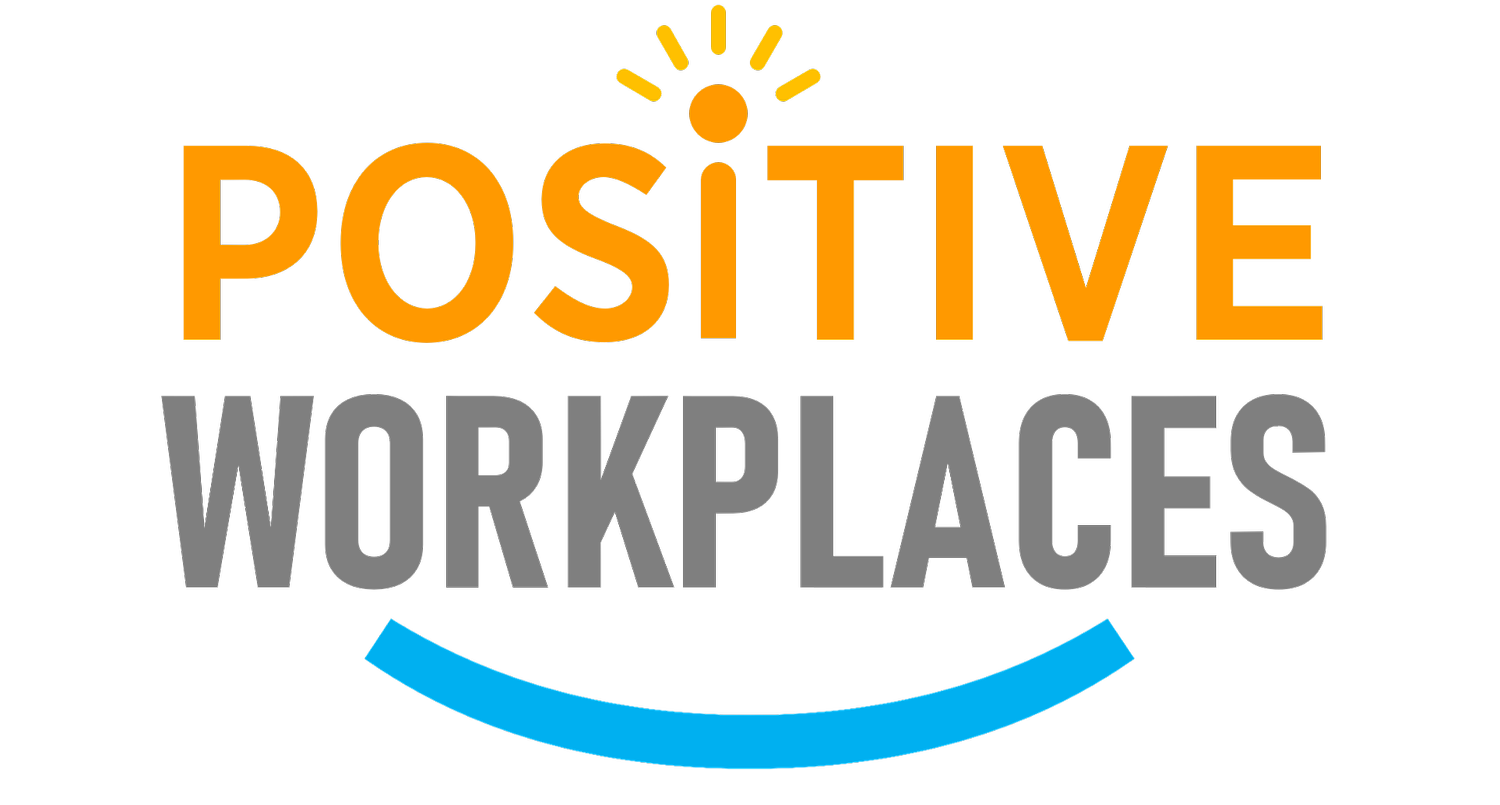Filipino Employee Wellbeing Report 2022
Unprecedented, numerous, and disruptive challenges have been faced by the Philippines in the onslaught of the COVID-19 pandemic. Ordinary people and organizations are forced to adjust their ways of living to fit the new normal while dealing with worsened wellbeing. At the early phase of 2020, at least 3.6 million Filipinos suffered from mental health (Department of Health, 2020). That being said, the burden brought by the pandemic goes far beyond physical health; it emphasizes the urgency and reality of mental health and wellbeing in the Philippines.
From a health and humanitarian emergency, the pandemic now posed to be an economic crisis as the Filipino workforce bears its brunt end with high work demands, loss of livelihood, and off work-and-life balance (Ibanez, 2021). Feelings of job insecurity as well as the uncertainty of the future were prevalent, causing many to consider working less and resign altogether (Caringal-Go et al., 2021).
Evaluative reactions about the seeming lack of support of employers at this vulnerable period also formed unfavorable changes in intended work performance, in which workers felt complacent and uncompelled to work as hard as before, just striving for the bare minimum (Caringal-Go et al., 2021). On a larger scale, mental health conditions lower labor force participation, lead to more sick leaves, and reduce job productivity. They also lose an average of two hours per day – translating to one day per week, and finally two months each year (Ibanez, 2021).
Finally, the deterioration of mental and physical health, negative work attitudes and behavior, and interest in psychological advantages at the workplace all raise employee wellbeing as a priority for organizations to ensure that their initiatives are supportive of their workforce (Investing in Women Asia, 2021). It enables organizations and individuals to be aware of and foster a reciprocal dynamic, as demonstrated by how organizational efforts in response to the pandemic made individual coping mechanisms more possible (Teng-Calleja et al., 2020). The proper functioning of society is grounded on the sound mental health of its people (Department of Health, 2020), and with its importance to organizational and economic sustainability, wellbeing must first be treated as an indispensable dimension in the daily lives of employees as human beings.
The following report comprises some key items from a survey conducted by Positive Workplace last July 2022 to better understand the wellbeing of Filipino employees and the different barriers to their wellbeing in different aspects of life. Through the following report, Positive Workplaces hopes to highlight key challenges currently faced by the Filipino workforce, to hopefully challenge both employees and organizations to create cultures that enhance the wellbeing of the Filipino workforce.










